On 02 January 2024, Tuesday morning, Lee Jae-Myung, the opposition leader of the Democratic Party of Korea in South Korea, was attacked during a visit to Busan, a city in Busananuary the southeast of the country. As he was leaving an event on Gadeok Island, an unidentified man broke through the crowd of supporters and reporters and stabbed him on the left side of his neck. After receiving immediate medical attention, party, and emergency officials confirmed that he was swiftly airlifted to Seoul for further treatment.
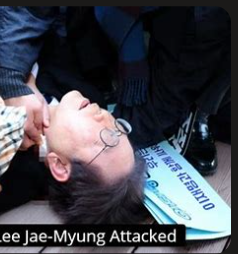
Mr. Lee, at the age of 59, is presently a representative for Incheon in the South Korean legislature. There is widespread anticipation that he will be a candidate in the forthcoming general election scheduled for April.
The incident, which was captured on a livestream video, showed he collapsing and bleeding on the ground. He was immediately rushed to Pusan National University Hospital. At a press conference held outside the hospital, Democratic Party spokesperson Rep. Kwon Chil-seung expressed concern about a suspected injury to Lee’s jugular vein and potential blood loss. Lee is expected to be transported to Seoul for surgery.
The Attacker and the Impact
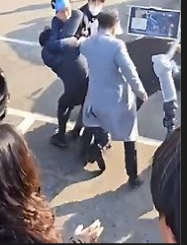
The assailant, who seemed to be a man in his late 60s or early 70s, reportedly approached Mr. Lee under the pretense of seeking an autograph, only to unexpectedly attack him with a stab. The weapon he used was reported by Yonhap to be approximately 20cm to 30cm (7.8 to 11.8in) in length. According to the South Korean news agency, the man has remained mute regarding both his identity and the motive behind his actions, as per the police officers’ statements.
The assailant, who cleverly blended in as a supporter of Lee, was promptly detained at the site of the incident and is now under the scrutiny of the authorities. This event has created a significant stir, resonating deeply throughout the nation. Its timing is particularly noteworthy, occurring a mere three months before the general elections – a pivotal juncture for both the incumbent conservative People Power Party and Lee’s Democratic Party.
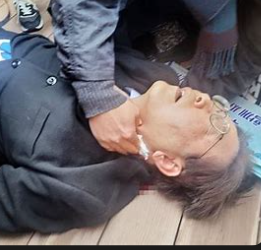
The incident has indeed stirred the country’s political landscape, especially as it unfolded in the run-up to the general elections, a period of high stakes for both the governing conservative People Power Party and Lee’s Democratic Party.
Lee’s Challenges and Strategy
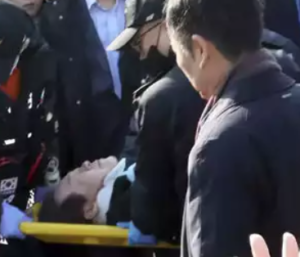
Meanwhile, Lee has been grappling with investigations into his alleged involvement in a land development scandal and other criminal charges. Despite these challenges, support for his party has remained steady, albeit slightly below the ruling party’s.
Lee’s visit to Busan, his first official engagement of the new year, was seen as an attempt to garner support in the traditionally conservative city. The visit coincided with plans to break ground next year for a new airport on Gadeok Island, where the attack took place.
President expressing intense worry
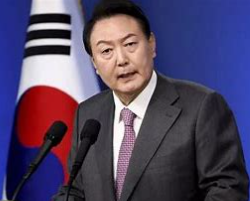
President Yoon, expressed deep concern over Lee’s safety, stated that such acts of violence should never be tolerated. This incident is a grim reminder of the several attacks against high-profile politicians in recent years, including the attack on Park Geun-hye in 2006, Song Young-gil last year, and the U.S. ambassador to South Korea, Mark Lippert, in 2015.
President Yoon Suk Yeol, who narrowly defeated Lee in the 2022 election, has been at odds with the parliament, where the Democratic Party holds a majority. Amidst declining approval ratings and the departure of key party members, his party is facing a tough challenge in the upcoming elections.
Lee’s Poverty to prosperity
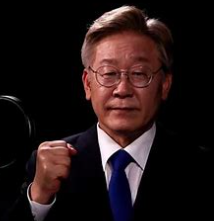
From humble beginnings to political prominence, Lee Jae-myung‘s journey is a testament to resilience. Born into a modest farming family, he took on factory work to finance his night school education, eventually becoming a human rights lawyer. His election as the mayor of Seongnam, a city near Seoul, in 2010 marked his entry into politics.
Lee’s inspiring ascent from poverty to power has been a driving force behind his political career. However, his recent tenure has been marred by several controversies. He was facing a trial on bribery charges linked to a company suspected of illegally transferring $8 million to North Korea. Additionally, he is accused of failing in his duties as the mayor of Seongnam, leading to a loss of 20 billion won (about $15 million) for one of the city’s companies. Despite these challenges, Lee remains a significant figure in South Korean politics.












Comments 1